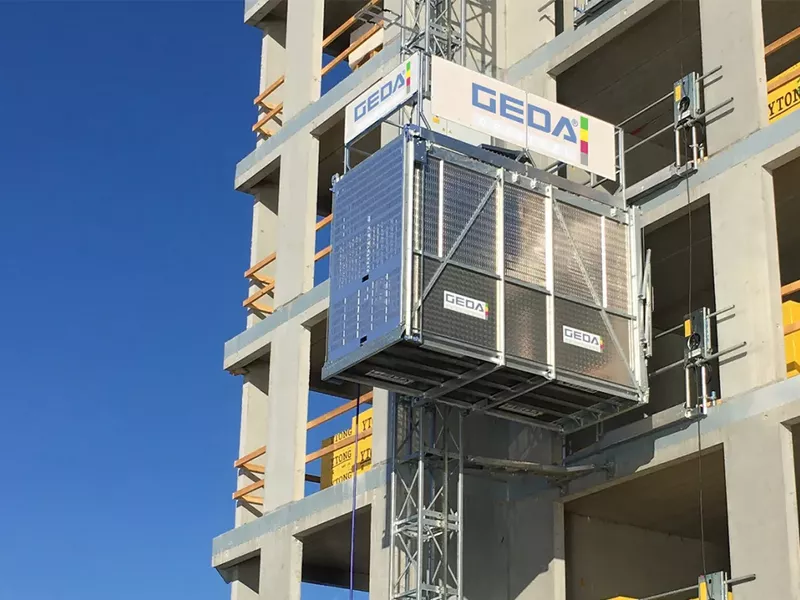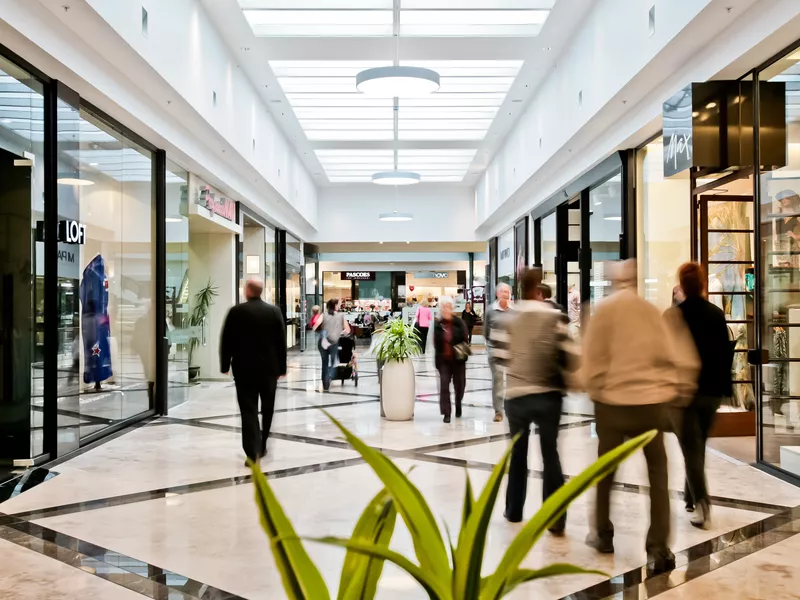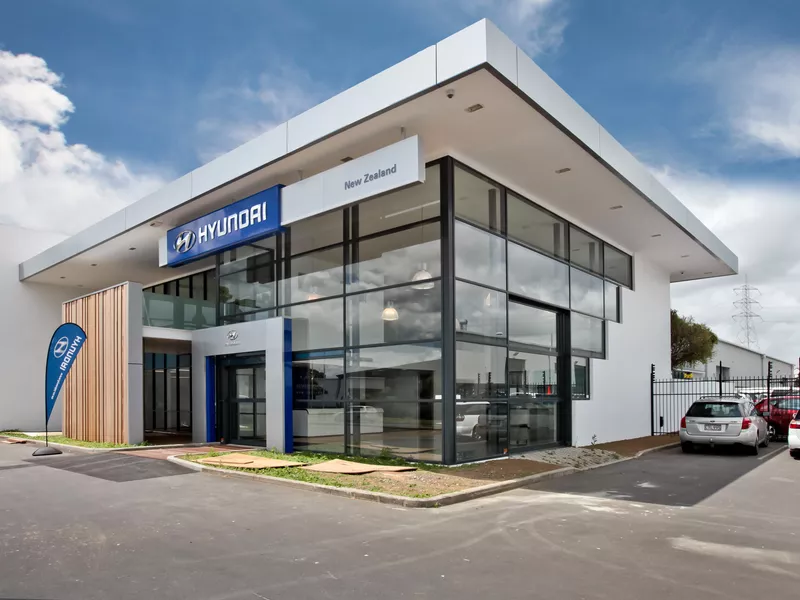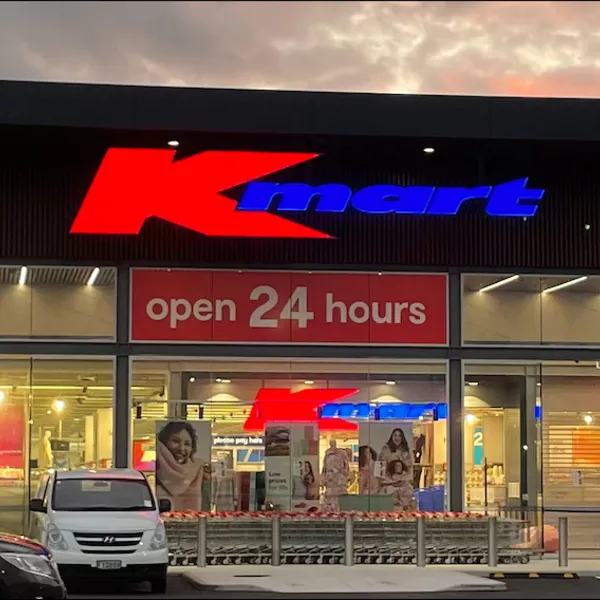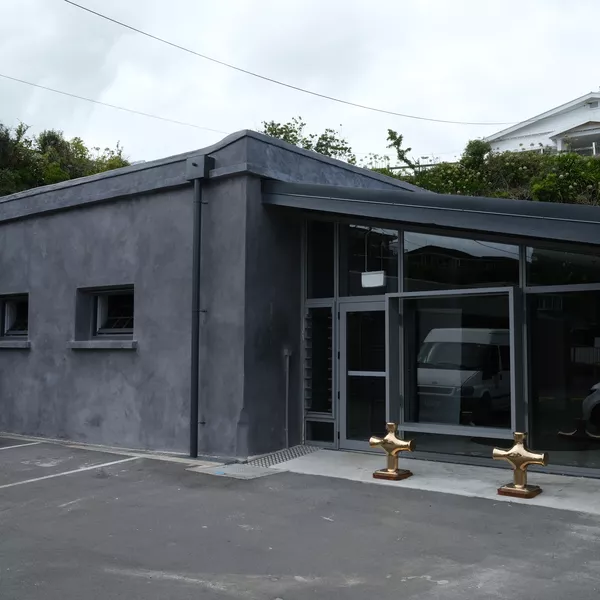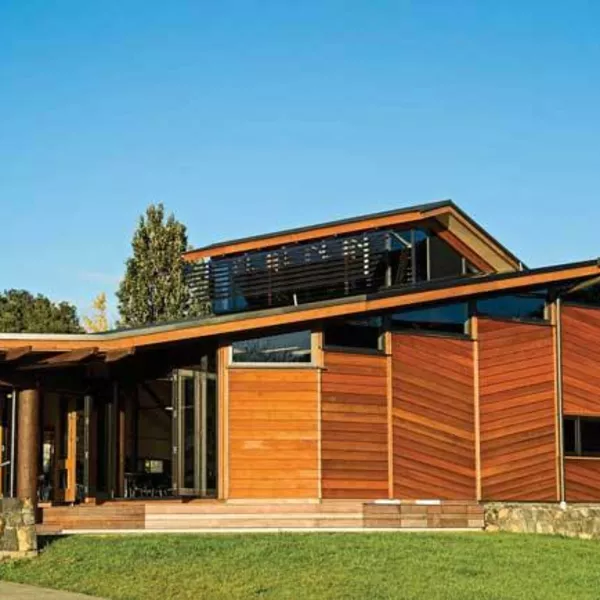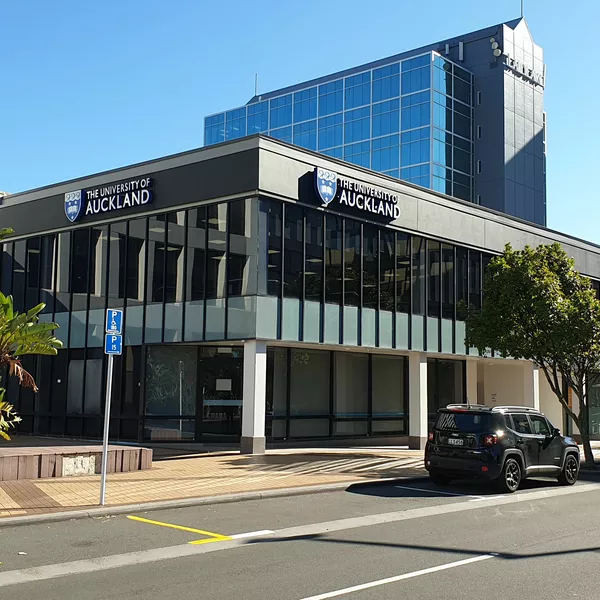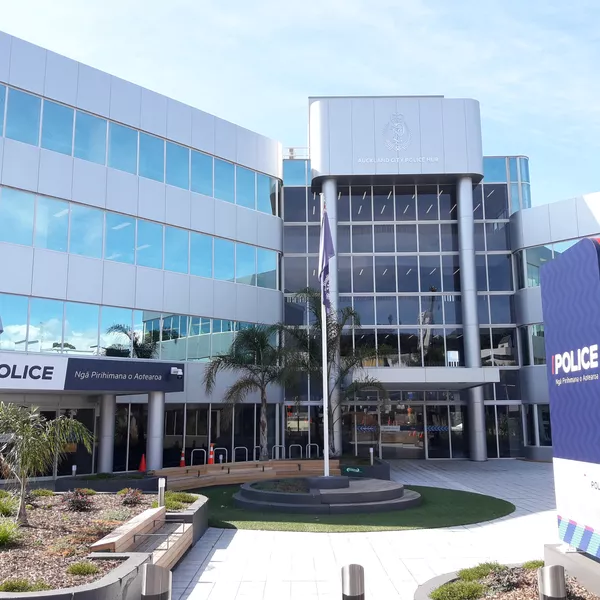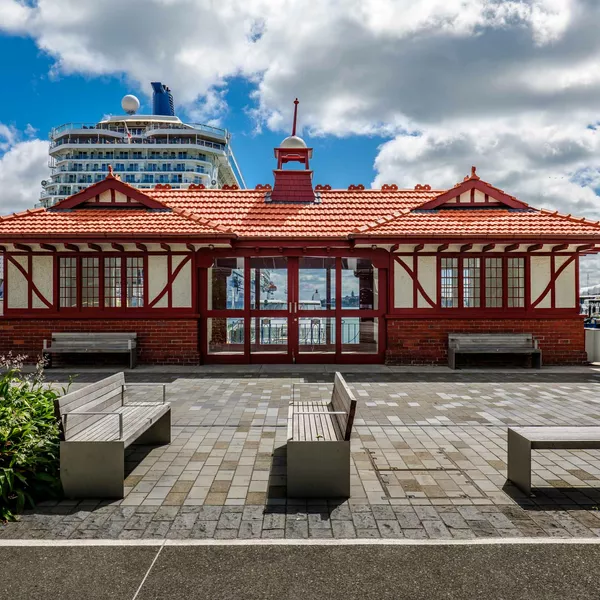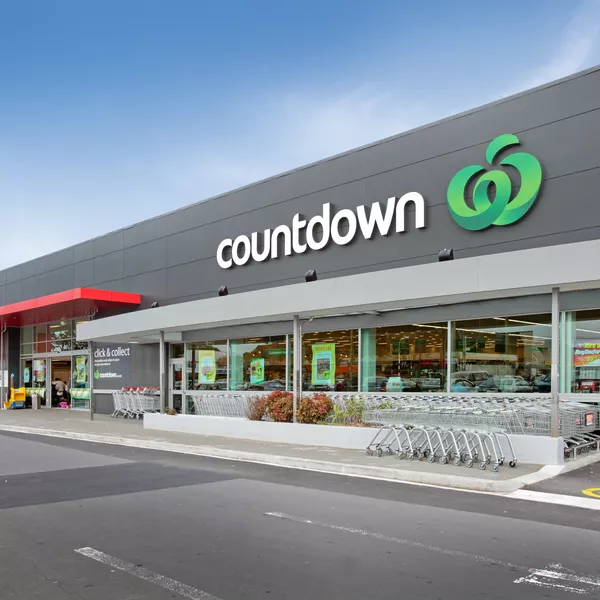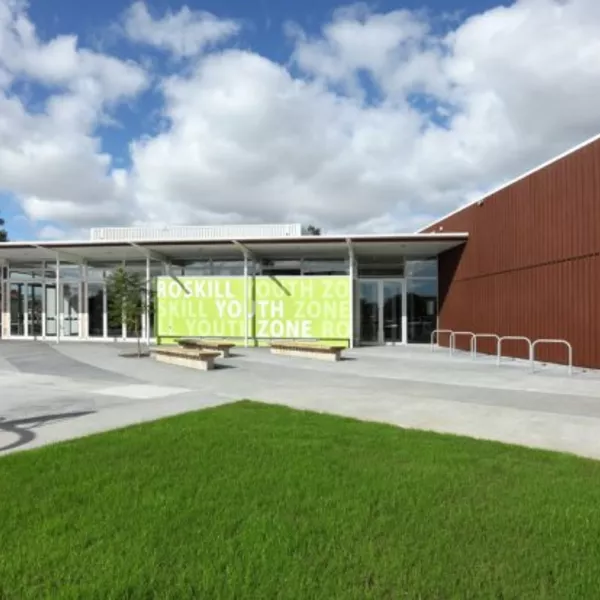Sustainability
Legacy is serious about sustainable construction and the need to strongly promote greener cultures to all our employees and subcontractors. We are proud members of NZ Green Building Council. Legacy Construction's sustainable business practises are based on respect for the environment, staff, customers and the public.
We believe sustainability goes beyond the immediate environmental focus requiring advanced planning looking at the design and engineering aspects of a project, its functionality, the users and social aspects of consumers. If a project is designed to be energy efficient for example and special design and flows create a user-friend environment then sustainable buildings become intrinsically more economic over their lifetime reducing wastage. Greater efficient use of land, energy, water and materials are all contributing factors. If buildings are designed, engineered and well-constructed with a sustainable focus, they support greater productivity taking advantage of improved natural lighting, clean air, reduced energy consumption and buy-in from users around sustainable choices.
Legacy are motivated and choose to be actively involved in projects that promote sustainable design, engineering, procurement and construction. Wherever possible we welcome the opportunity for early engagement to provide practical solutions in sustainability.
Green Practices
We support and promote ‘green’ practices offering alternative product solutions, advise on achievable green star accreditation, waste management planning and throughout the construction lifecycle remain committed to taking an active role in protecting, restoring and caring for the environment. We seek to reduce the amount of construction and demolition waste being created thereby reducing the impact of our operations on the environment. Wherever possible we reuse material or recycle elsewhere with landfill being our last option. All site managers, staff and subcontractors’ representatives are encouraged to classify construction waste and recycle.
Lowering Emissions
In addition, Legacy and its subsidiaries take pride in reducing the impact of transport on the environment by choosing energy sources that emit less greenhouse gas (GHG) such as diesel. Our modern diesel vehicles typically have 15% lower CO2 emissions per kilometre than equivalent petrol-powered cars. Our fleet have high fuel-efficiency producing lower carbon dioxide (CO2) emissions, and with advanced emission controls make them suitable for achieving CO2 reduction targets contributing directly to climate change goals.

